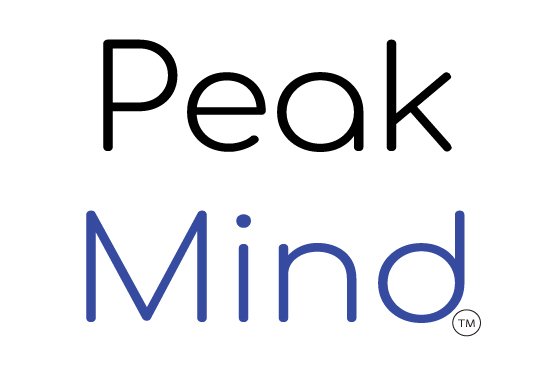4 Stages of Psychological Safety
Successful companies need to create workplaces where employees feel empowered to contribute their ideas. But not all employees feel safe enough to speak up during a meeting or pitch an idea that goes against the status quo.
Psychological safety in the workplace can be a challenge to create if you are currently struggling with a culture of trust. It means building vulnerability and confidence in your employees so they feel safe to say what’s on their minds. Workplaces that don’t have psychological safety won’t be able to move forward with new ideas and might experience high turnover because employees won’t feel free to voice their opinions.
The 4 Stages of Psychological Safety is a framework to help teams measure and improve the level of psychological safety inside their organization.
Here are the 4 stages of psychological safety that reflect the human needs of any social setting.
Inclusion Safety: Feeling included and accepted
Learner Safety: Feeling safe to learn, grow, and develop.
Contributor Safety: Feeling safe to contribute and make a difference.
Challenger Safety: Feeling safe to challenge the status quo.
Watch this video below to learn how to improve the psychological safety in your workplace.
Interested in creating a change in the culture at your workplace?
Most Americans are struggling with their mental health, and it’s showing in the workplace. Employers need to have resources and knowledge to meet their employees where they are. What's happening in the world today can be an uncomfortable topic.
Peak Mind wants to help normalize that conversation. To provide action steps to help empower employees to thrive. To lower workplace stress so that talent is more engaged and talent retention becomes easier. Download this presentation for actionable steps to help you empower your employees to find their well-being if you are just now having them return to the workplace. Even though this video was made for 2020, the information is still applicable.
And last but not least, it might be good to have your staff reflect on the emotional needs they have now that the world seems to be settling into the new future of work. Doing this work is beneficial to returning to work, change, psychological safety, and so much more.

